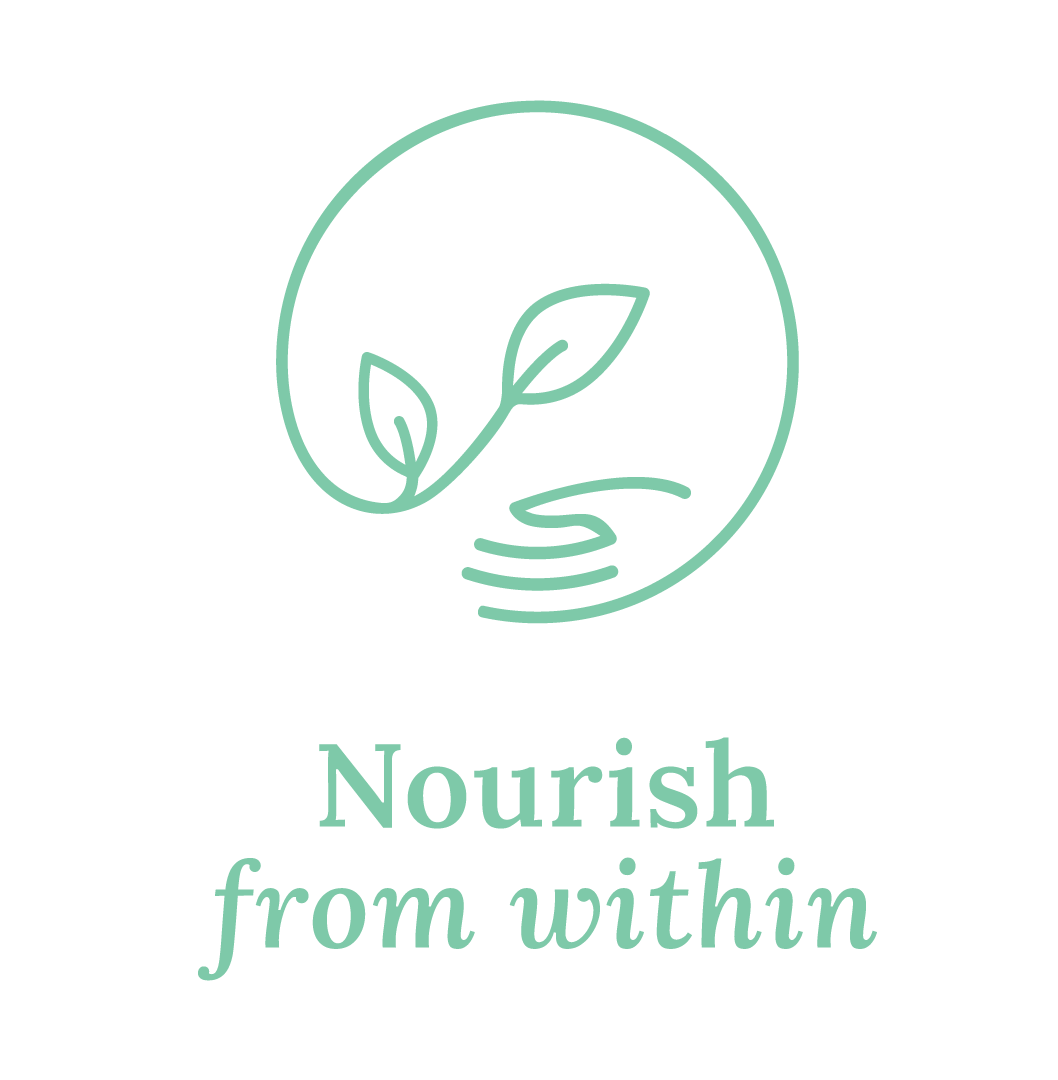What is the right age to think about bone health?
Prevention is an important focus for every aspect of our body’s functions, and the health of our skeleton is no exception.
Our skeleton, especially the vertebral bones & femur, handle a tremendous amount of force during our lifetime. To maintain healthy & strong bones there needs to be a precise balance between bone formation and bone absorption carried out by specialist cells called osteoblasts and osteoclasts respectively.
Each bone has it’s own unique bone density to ensure the correct balance between rigidity and lightness is achieved for function. Surprisingly this is constantly adjusted in response to activity levels, growth requirements and availability of nutrients. Bone material can be broken down to provide minerals needed by the body if not available from diet or bone can be laid down eg where weight bearing exercise increases the requirement for stronger, bigger bones.
Bone density peaks around the age of 30. After this point, for most people, it gradually decreases with age. Therefore, it is vital that children and adolescents maintain healthy calcium and vitamin D levels to optimize their peak bone density. Another key life stage where bone loss can increase is during the first few years of menopause due to the effect of falling oestrogen levels on bone breakdown.
There are often no symptoms in the early stages of bone loss, although paying attention to changes in height, posture and any bone pain is highly recommended.
So, it is crucial to consider bone health throughout the life cycle and especially BEFORE diagnoses such as osteopenia or osteroporosis are made and bone fractures occur.
What can you do to improve or maintain your bone health?
There are a number of key nutrition and lifestyle approaches that you can adopt to reduce your risk of poor bone health.
Most people are familiar with the benefits of ensuring adequate amounts of calcium in the diet for healthy bones. However, as with all body systems, balance is crucial and there is more to it than just increasing calcium in your diet.
Successful bone formation requires a number of different vitamins & minerals in addition to calcium. These include magnesium - shown to help keep bones flexible, Vitamin D - helps to control the absorption of calcium from your gut and how it is deposited into bone, Vitamin K, Iron, Copper, Vitamin C, Boron, Silicon, Zinc, Manganese, Chromium & Iodine.
Don’t run to the supplement section of your nearest Health Food Shop and stock up as taking too much of any vitamin or mineral can lead to unwanted side effects, possibly interact with existing medications and in some cases make your symptoms worse!
A varied and diverse diet with plentiful vegetables & sufficient good quality protein is ideal and should provide you with all the necessary nutrients to maintain good bone health.
How can Nutritional Therapy help?
However, just as important as what you eat is to ensure you have a healthy gut which is able to digest and absorb the nutrients from your diet. Sadly as we age our digestive capacity can reduce making it more challenging to obtain the required nutrients.
This is where seeing a Nutritional Therapist is very helpful as they can help assess nutrient content of current diet, highlighting any areas out of balance, and also help to determine the level of gut functionality.
Once assessed a Nutritional Therapist can then provide personalised dietary guidance and recommend lifestyle changes to optimise nutritional availability in the body. This sometimes involved testing such as Blood tests, Gut microbiome testing and DNA reporting to determine any predispositions which may require more support in particular areas.
I offer specific 1 hour Bone Health sessions at Luck’s Yard, Godalming, where I assess your current diet and provide you with a tailored nutrition and lifestyle plan focused on maintaining or improving your current bone health.
As a qualified Nutritional Therapist and Health Coach I also recognise how difficult it can be to change your diet so I can also provide regular support and encouragement whilst you establish new eating habits directed at improved bone health and general wellbeing as part of a programme lasting from 6 weeks to 12 weeks.
If you are interested in working with me for longer please book a free 20 minute health review call to start your health journey.
